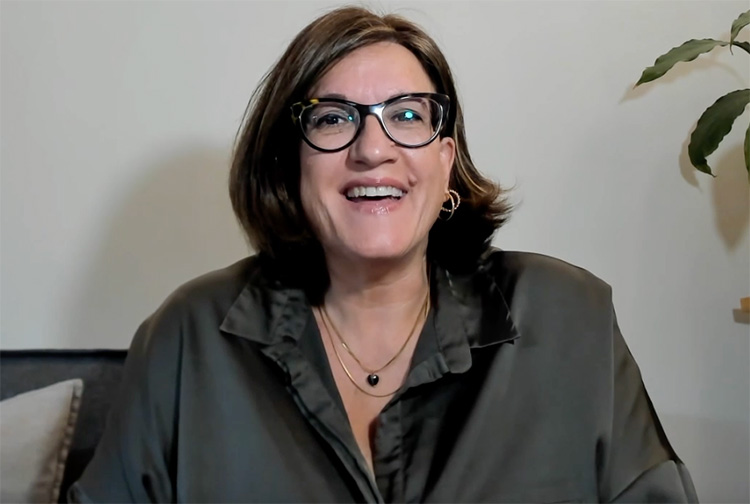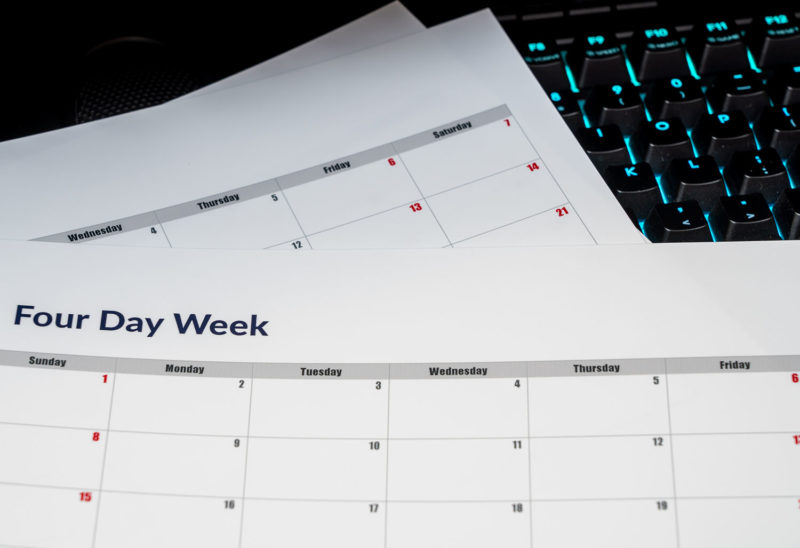

Key leadership skills in the 21st century
The evolution of the qualities that define a good leader cannot be analysed independently of the transformation of society over time. Pilar Oltra, 11Onze agent, analyses how the concept of leadership has changed over the course of history.
Classical leadership, which prevailed from time immemorial until the 19th century, prioritised values such as bravery, strength, shrewdness and even ‘respect’ through fear. Today, concepts such as empathy, or the difficulty of maintaining the motivation and commitment of employees, take centre stage when it comes to defining a good leader.
As Oltra explains, nowadays, a leader “develops his activity from vulnerability, analysing his strengths, weaknesses, threats and opportunities, as well as his values, emotions and beliefs”, which is fundamental to awaken the positive feelings of his collaborators.
Emotional intelligence
The ability to recognise one’s own and other people’s feelings and to connect appropriately with other people, known as emotional intelligence, helps us to resolve conflicts, to be more empathetic and to communicate effectively. “It makes leadership increase individual, team and organisational performance,” says the 11Onze agent.
A good leader has to be able to combine the achievement of tasks with behaviour oriented towards facilitating relationships between people. As Oltra explains, “leaders are needed to meet business objectives, but also to be skilled enough to involve their teams so that they feel equally inspired”.
11Onze is the community fintech of Catalonia. Open an account by downloading the super app El Canut for Android or iOS and join the revolution!
Leave a Reply
You must be logged in to post a comment.






Gràcies
Gràcies a tu, Joan!!!
👍
👍
Sense caure en el paternalisme. La motivació intrínseca dels col.laboradors mai no pot ser responsabilitat del lider sinó de cada individu.
Moltes gràcies pel teu comentari, Laura!!!
Gràcies per la informació 👌
Gràcies a tu, Jordi, per seguir-nos i pels teus comentaris!!!